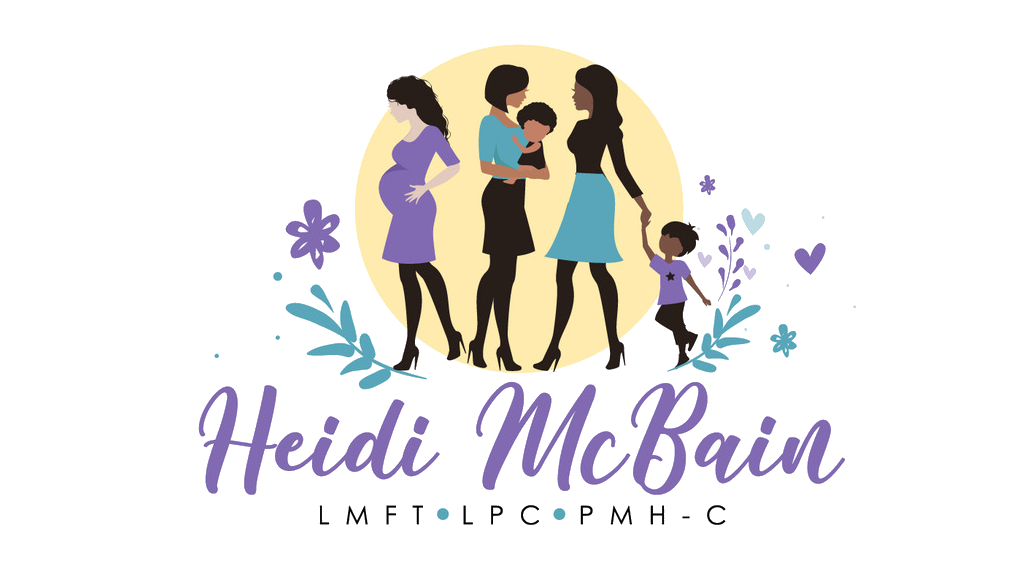

Grief and loss are at the heart of so many of our major life changes, especially the ones we have no control over like the loss of a loved one. As a therapist in private practice in Flower Mound, Texas, one of the areas I specialize in is grief and loss. Grief can present itself in many different ways, from depression and severely missing the person who has passed away to anxiety about the future and what is to come now that their loved one is no longer with them.
Although I see only women in my private practice, as a trained marriage and family therapist, I often hear about the changes in family dynamics after a major loss as well. Often people’s pain isn’t just stemming from the loss of their loved one, but also the changes in their relationships with family members as well. Sometimes a loss will bring families closer together as the family members realize how precious life is and they work to support and nurture each other through their individual pain. For other families, a major loss can push people further apart, as they are not in a good space emotionally to be able to support and nurture each other. They often must first heal themselves before then trying to heal their family relationships.
One of my favorite local authors on grief is Patrick O’Malley. He is a therapist based in Fort Worth, Texas, and has a book I highly recommend called, Getting Grief Right, about the tragic death of his infant son and the grief that ensued for him and his family. He recently sent out a newsletter entitled, Another Layer of Grief, about how relationships change after the loss of a loved one. He writes, “Understandably, we expect exceptional behavior from troublesome family members and friends when a loved one dies. Indeed, some individuals ‘rise above’ their usual way of doing things at a time of loss. But loss does not always create an exemption from the difficult behavior of those in our circle. Experiencing troublesome relationships during a time of mourning adds pressure to what is already an emotionally stressful time. If your loss story includes the experience of difficult family and friends, be careful about the energy these relationships require. If you believe reconciliation is possible, try to do so on your time schedule. If reconnecting is not possible, allow yourself to mourn this added layer of grief.”
**So, what can you do about your own changing relationships after a loss?
- Know that relationship changes after a loss are normal. Keep this awareness at the forefront of your mind, so if you experience this issue first hand from family members (or friends), you don’t automatically internalize it as something that’s wrong with you. In reality, all your family members (including you) are trying to navigate the vast, empty space left behind by the lost of your loved one.
- Set clear and firm boundaries with family members. This is often easier said than done, especially if you get push back from your family/friends when you ask for space. But, remember that your own personal healing is what is of the utmost importance here. So, do some soul searching, figure out what you need, and then ask for it when you’re ready to do so.
- Know that there are probably expectations from your family members based on the typical role you play in your family. Are you usually a people-pleaser who puts other people’s needs above your own? Are you usually the fun one who is telling jokes and making everyone laugh? What about the perfectionist who usually tries to fix everything for everyone around you? And so on and so forth. Your grief can be compounded by these family roles. Some of these roles won’t have a place in early grief, and some will be overly relied on to help others get through their own pain (often with little or no thought for you and the pain you are already dealing with on your own).
- Find positive, supportive people who are able to listen to you speak about your pain. People who will not try to fix the unfixable or judge you for how you’re feeling. People who will sit with you and simply be with you in your time of need. Try to reach out to others who have been in your shoes as well, so you don’t feel so alone, such as friends who know first hand what you’re going through, local support groups, Facebook groups, etc. Find your people!
- When you’re ready, consider processing your grief and loss in therapy. Find a trained therapist who specializes in grief and loss, either someone in your local area or someone in your state who offers online video counseling. Therapy is a very different relationship from simply speaking with your family or friends because your sessions are completely focused on you and your personal healing and growth.
